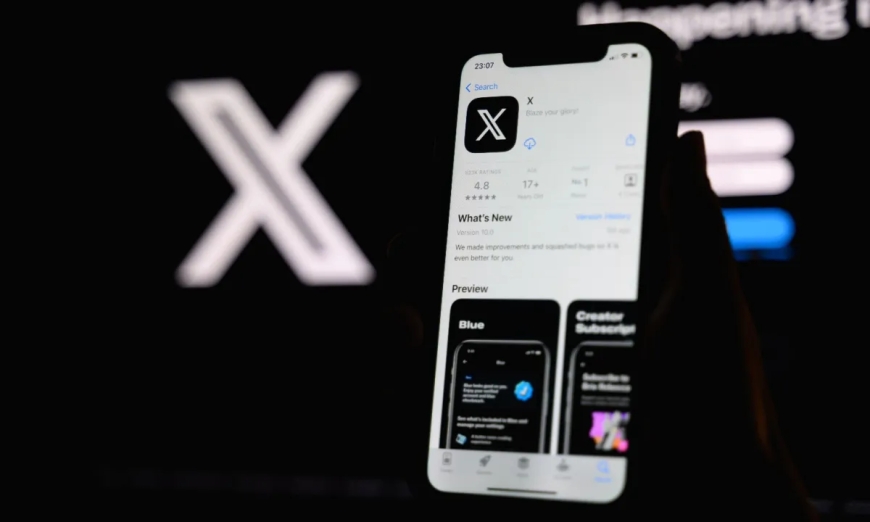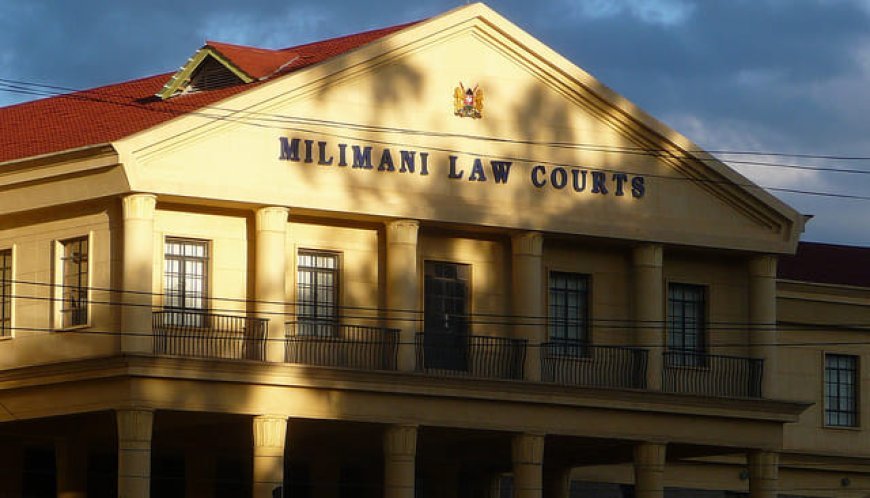Kenyan Sues X Over Allowing Hate Speech, Porn Posts
The Kenyan man, Felix Kibet, is also accusing the American social media platform of allowing the publication of content that disrespects the rights and reputations of others.

A Kenyan citizen has moved to sue social media giant X (formerly Twitter), accusing the Elon Musk-owned firm of allowing the publication and access by users to content bordering on hate speech, incitement to violence and promoting pornography, among other accusations.
The Kenyan man, Felix Kibet, is also accusing the American social media platform of allowing the publication of content that disrespects the rights and reputations of others.
In his petition, Kibet argued that the acts or omissions of X have made Kenyans of all ages suffer violations of their constitutional rights, erosion of values and public morality, terming the publications on the platform a threat to the very fabric of the Kenyan society.
“The petitioner avers that the 1st respondent (X) in allowing, entertaining, encouraging, acquiescing in and or promoting in its social media platform “X” (formerly Twitter), the publication and access in Kenya of content that disrespects the rights and reputation of others is in contravention of Articles 10 and 19 (3) of the Constitution,” states the petition.

The Milimani Law Courts in Nairobi. /FILE
Kibet is further accusing the platform of allowing users to hold accounts or handles using aliases or unofficial names, or other people’s names and photos.
“Further through its versatile feature called “Spaces” permits users to have ungoverned live-streamed audio conversations on any topic around the sun, at any time using any character of language including vulgarity and obscenity,” he added.
Kibet further noted that X has allowed the publication of posts that unnecessarily reveal information on Kenyans relating to their private affairs or family.
He is accusing the Attorney-General, Communications Authority of Kenya (CA), Kenya Film Classification Board and the National Cohesion and Integration Commission (NCIC) of failing to discharge their constitutional and statutory mandates and instead remaining passive, thus abetting the illegal, and unconstitutional acts of X.
In the urgent application, he is seeking to have X restrained from permitting the publication and access of content that shows or advertises pornography, nudity and lewdness. He is also seeking an order stopping the publication and access of content that constitutes hate speech, incitement to violence, advocacy of hatred, vilification of others or incitement to cause harm.
Kibet also pleaded for an order compelling X to delete all publications he has complained of and also delete or suspend all accounts that use names other than their official names as registered in official government records.
He is demanding that Attorney-General Dorcas Oduor take measures to ensure that social media platforms in the country are constitutionally compliant and safe for Kenyans. High Court judge Bahati Mwamuye on Monday certified the case as urgent and directed Kibet to serve all parties named in the petition, ahead of the hearing on January 17, 2025.
Why It Matters
On June 3, 2024, X announced that it would formally allow people to show consensual adult content, as long as it is clearly labelled as such, a move that made official a policy already in place when the platform was known as Twitter before billionaire Musk purchased it in 2022.
The San Francisco-based company said users “should be able to create, distribute, and consume material related to sexual themes as long as it is consensually produced and distributed. Sexual expression, whether visual or written, can be a legitimate form of artistic expression.”
Adult material was allowed under the pre-Musk Twitter as well, although there was no official policy in place. X added that it was restricting adult content for children and for adult users who choose not to see it.

Graphic of Elon Musk and Twitter & X logos. /WALAW
“We also prohibit content promoting exploitation, nonconsent, objectification, sexualization or harm to minors, and obscene behaviours,” X stated in an update on its website, however clarifying that it does not allow sharing adult content in “highly visible” places such as users’ profile photos or banners.






